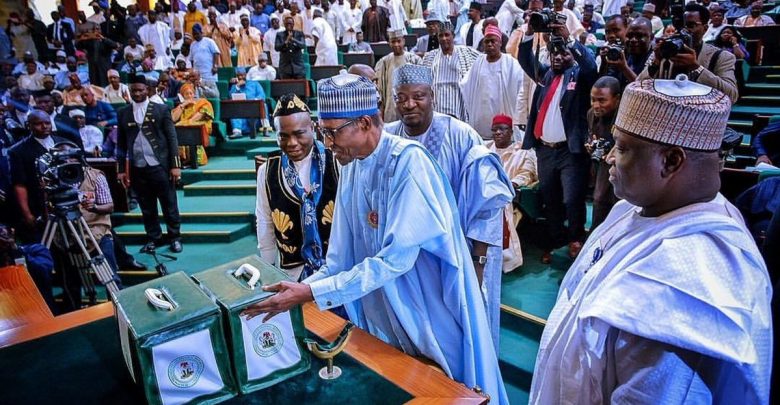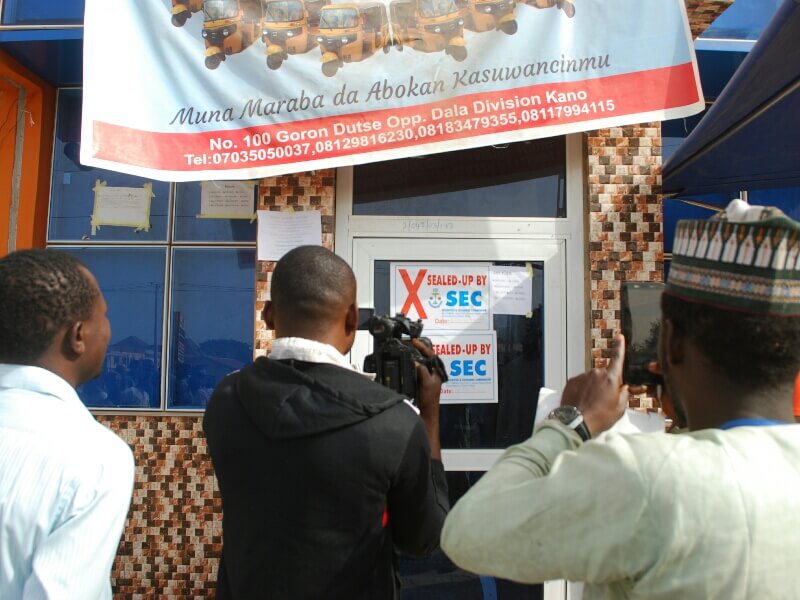Recent comments by both the Nigeria Deposit Insurance Corporation (NDIC) and the Central Bank of Nigeria (CBN) that they are monitoring the investigations by law enforcement agencies against the directors and management of the failed Skye Bank Plc, now Polaris Bank, has elicited reactions from forensic experts.
It would be recalled that on September 22, both leading regulators carried out a shakeup in the troubled bank that has remained incomprehensible in the process of handling failed banks in the history of Nigeria.
The regulators had invaded the bank and only announced changes in name and logo, leaving the directors whom the same regulators in their wisdom, appointed in 2016 with whooping N100bn injection to stabilize the ailing bank.
Some of the salient questions being posed by analysts as undercover forensic investigation on the directors lasts are as follows; 1) Is it industry standard anywhere in the world for a regulator to allow a suspected management team in office while probe lasts; 2) What assured both CBN and NDIC that probing seating directors will be effective in a system like Nigeria, 3) What happens to the initial N100bn handed over to the seating directors in 2016 following the collapse and resuscitation of the bank with fresh N786bn public fund? 4) Are the capital injection really free money to the bank as the total now rose to N886bn? 5) Will both the CBN and NDIC be able to fault a management team it appointed in their wisdom and withstand public criticisms at the end of the probe after all?
Business Hilights recalls that the Managing Director and Chief Executive of the NDIC, Umaru Ibrahim, had at the opening ceremony of the Corporation’s 2018 Sensitisation seminar for Federal High Court Judges in Abuja, announced that anti-graft agencies are on the trial of culpable directors in the near insolvency of the bank.
Already in a statement on Monday, the Corporation’s Risk Assessment and Forensic Investigation Reports revealed that the erstwhile management of the failed Skye Bank Plc contributed to its failure by engaging in insider abuse, poor corporate governance and banking malpractices.
Whereas the said directors still go to their offices daily without any form of arrest or detention, Ibrahim added that the reports identified various malpractices such as fraudulent false accounting, manipulation of accounting records to present false profits and ratios, unlawful loan and credit facilities, non-disclosure of directors’ interests and lending beyond the single obligor limit.









